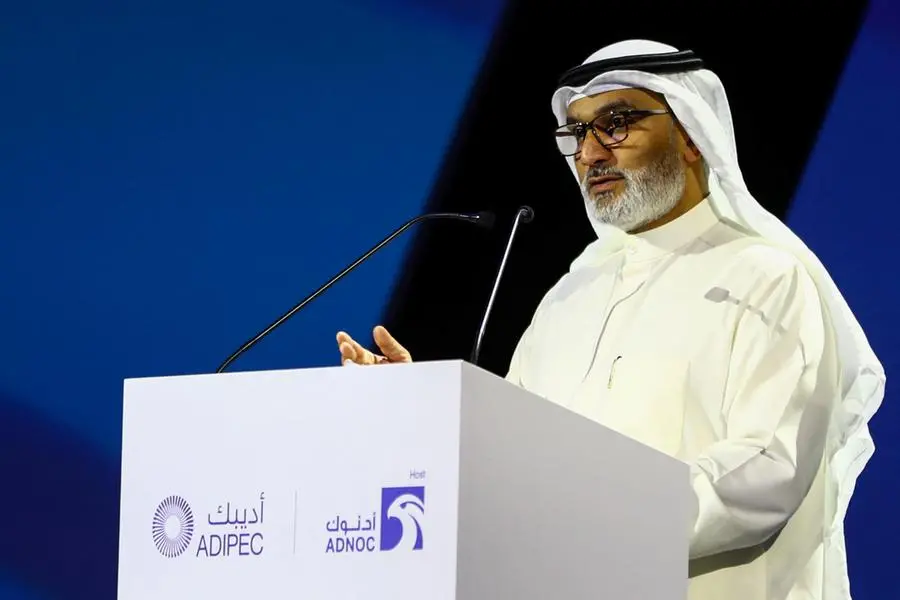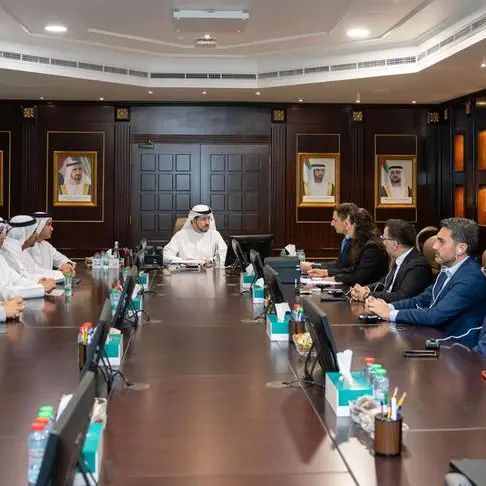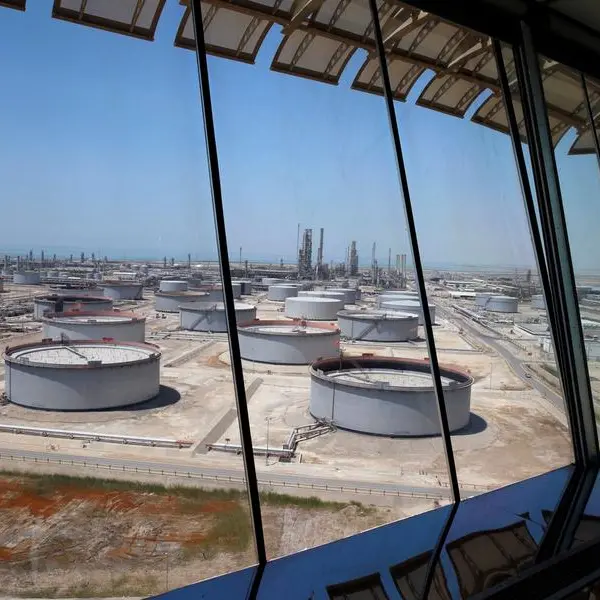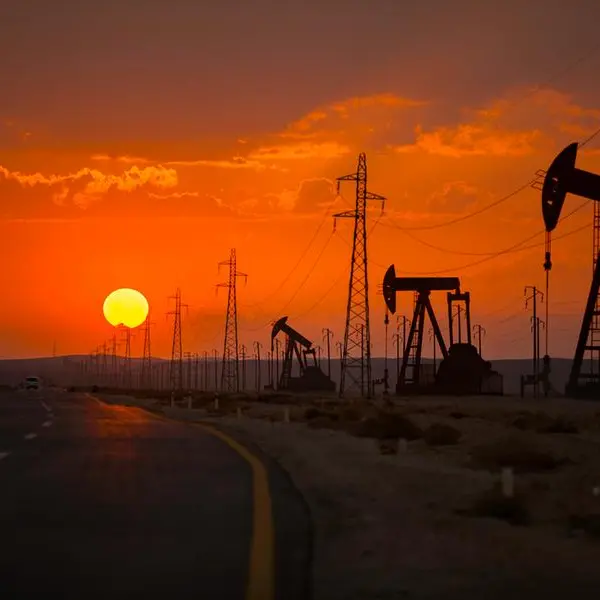PHOTO
VIENNA - The Secretary General of the Organization of the Petroleum Exporting Countries (OPEC) Haitham Al Ghais said their "approach must be guided by trust and inclusivity, consider the particular circumstances and priorities of developing countries, and ensure a low-emissions future in which every person has access to energy." Al Ghais made the remarks at the Resumed High-Level Segment of the UN Climate Change Conference in Sharm El-Sheikh, Egypt.
"We need to abide by the principles of equity and common but differentiated responsibilities and respective capabilities, with developed countries taking the lead to address climate change and fulfilling their commitments to support developing countries," Al Ghais said, adding, "a promise made, but unfortunately not yet delivered."
"Clarity and transparency with commitment are required on climate finance and investment. We have heard calls for energy-exporting countries to play a key role in ensuring stable global energy markets, and, simultaneously calls for an end to financing hydrocarbon projects. The complex and intertwined challenges of energy affordability, energy access, energy security and sustainability must be supported through this multilateral process, recognizing the sovereignty of all nations and the right to development," he noted.
"The multiple global crises we face underline the importance of working with, rather than against each other.
A just and inclusive transition is not about the misguided narrative of abandoning one energy source for another.
The key lies in ensuring a long-term investment-friendly climate, with sufficient finance available; one that is fair and viable for both producers and consumers; developed and developing nations," Al Ghais said.
"For the oil industry alone, we see global investment requirements totaling USD 12.1 trillion between now and 2045, and the oil industry is part of the solution," he added.
"Its resources and expertise can be harnessed to help develop efficient technological solutions, such as CCUS, the CCE framework and hydrogen, ones that can contribute to a reduction in emissions as part of unlocking a low-emissions future.
There are already technologies available in OPEC Member Countries that can contribute to significant emission reductions.
Oil is set to represent at least 29 percent of the global energy mix by 2045. Relying solely on renewables will not provide the energy the world needs.
The focus should be on all energies," Al Ghais added.
All KUNA right are reserved © 2022. Provided by SyndiGate Media Inc. (Syndigate.info).





















